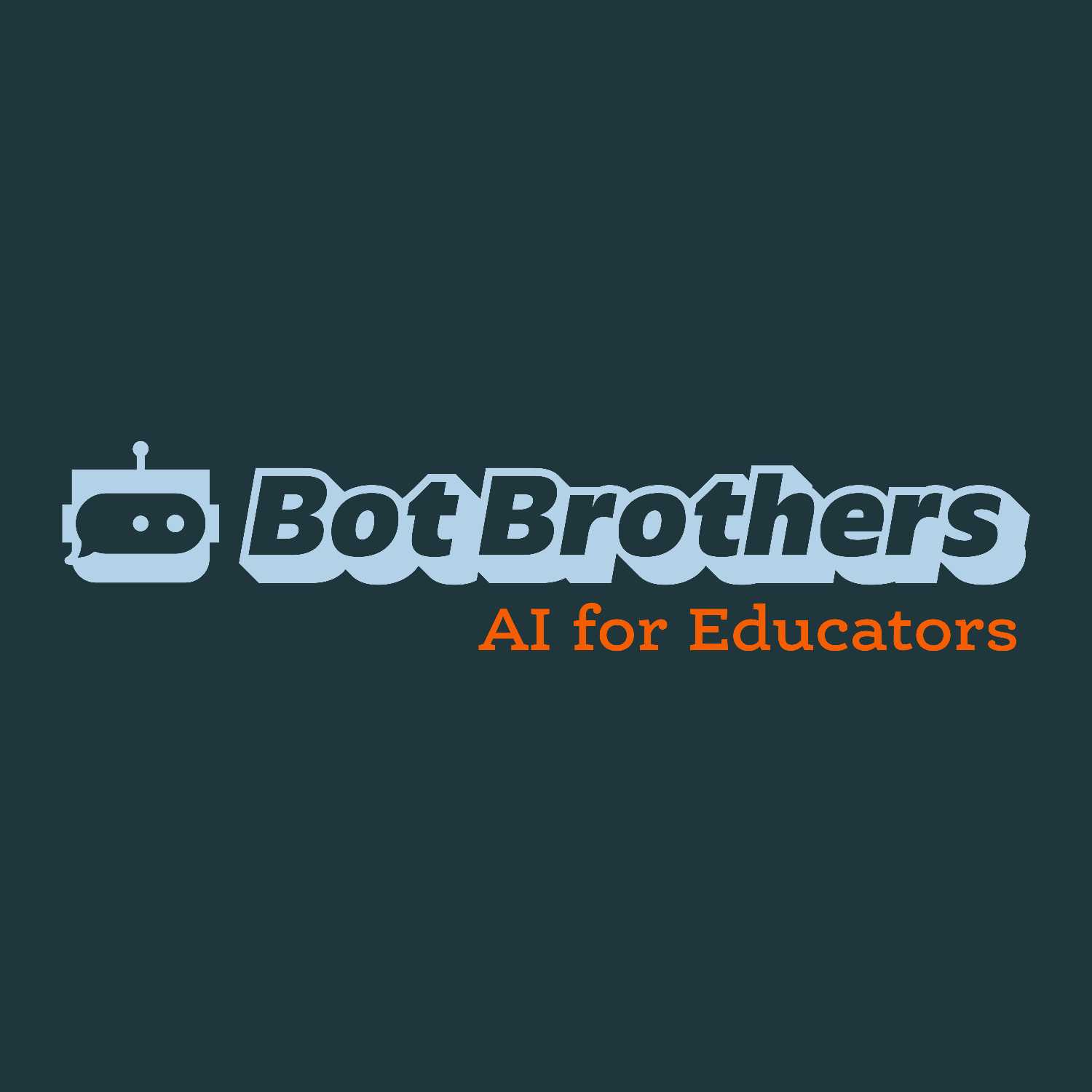Why Creativity and Imagination Matter in a World of AI
Mike Pearson and Pat Burns speak with David Miller, an industrial designer in San Francisco who has over a decade of experience designing products for tech companies. David has seen firsthand how AI tools like Midjourney and ChatGPT have transformed the creative process. But he believes human designers, artists and creators still have an irreplaceable role to play. David argues that if we teach design, writing, art or any field primarily as a technical skill, we risk losing sight of the human experience that gives creative work meaning. While AI may handle routine tasks, human qualities like creativity, intuition, emotion, empathy and storytelling remain uniquely human. By cultivating them, humans and machines can build a collaborative future.However, David warns that the rise of AI means educators, designers and artists have urgent work ahead. We need to help students develop skills that AI struggles with, like imagination, purpose and a sense of meaning. If we can teach students to evolve with technology rather than fear it, the possibilities are endless. But we must start now. Some of the key insights and takeaways from our conversation with David Miller include:AI tools like Midjourney and ChatGPT have made aspects of design faster and easier, but human designers will still be needed to forge meaningful connections and craft compelling stories. AI struggles with qualities like creativity, emotion, intuition and empathy.Teaching kids to write, design and create art just to prepare them for future jobs risks "losing what we value most about being human." Educators need to nurture imagination, purpose and a sense of meaning.The rise of AI means every field from design to education has a responsibility to help students develop skills AI struggles with. We need to teach students how to thrive with technology, not fear it.While machines may transform our jobs, they don't have to replace us. The possibilities are endless if we choose to pursue them. We need to focus on evolving with AI, not competing with it.The future remains unwritten. Humans—not machines—will shape how AI transforms fields like design, education, art and work. Creativity, purpose and human connection will drive the future, if we choose to cultivate them.We can expand human potential in ways once unimaginable. But we must act now. The opportunity awaits—if we rise to the occasion.Storytelling in the AI digital space via Gossip GoblinContact UsMike PearsonPat Burnsthebotbrothersai@gmail.comFacebook: The Bot Brothers: AI for Educators@TheBotBrothersYou Tube: The Bot Brothers: AI for Educators

